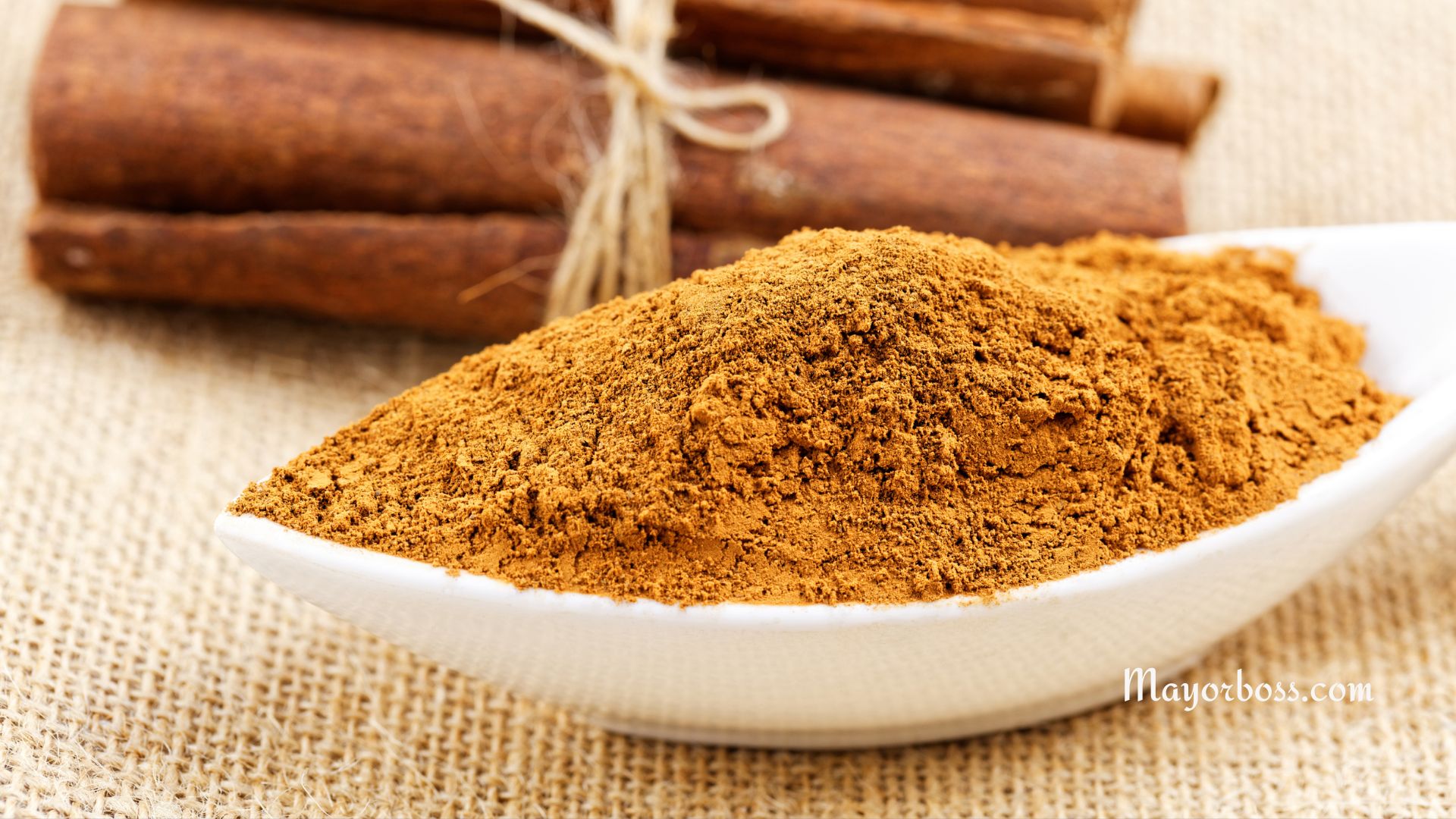Why is Lean Protein Good for You?
Do you want to know why lean protein is good for you? Lean protein is an essential component of a healthy diet. It not only helps you build and maintain muscle mass but also keeps your heart healthy, maintains healthy cholesterol levels, reduces cravings, and keeps you feeling full for longer.
In this article, You’ll learn why lean protein is good for you and how to incorporate it into your daily meals.
What is Lean Protein?
Lean protein is a high-quality protein source with low amounts of fat, particularly saturated fat. It is found in a variety of animal-based and plant-based sources.
Some examples of lean protein sources include skinless chicken breast, turkey, fish, lean beef cuts, beans, lentils, tofu, and low-fat dairy products. These sources provide an excellent balance of essential nutrients while keeping your fat intake low.
Benefits of Lean Protein
Incorporating lean protein into your daily meals has numerous benefits. Let’s dive into some of these advantages:
Heart Health
Lean protein is beneficial for heart health as it contains lower amounts of saturated fat compared to other protein sources. Studies have proven that consuming adequate amounts of lean protein can help lower cholesterol levels and prevent high blood pressure.
Most importantly, lean protein also helps to lower your risk of developing heart disease, blood clots, heart attack, and even stroke. That is why the American Heart Association recommends consuming lean poultry such as skinless poultry and fish as part of a heart-healthy diet.
Building and Maintaining Muscles
Lean protein is crucial for muscle growth and repair. As you engage in physical activities, your muscles experience natural wear and tear. To rebuild and strengthen your muscles, your body needs amino acids found in lean protein.
Research shows that consuming a diet high in lean protein can lead to greater muscle mass and improved physical performance. This is why athletes and fitness enthusiasts include lean protein sources in their diets.
Reduces Cravings and Keeps You Feeling Full
Lean protein helps curb your appetite by keeping you feeling full for longer. Protein takes longer to digest than carbohydrates.
Thus, including lean protein in your meals can help reduce cravings and prevent overeating. This is helpful for people who are trying to lose weight or maintain a healthy lifestyle.
Sources of Lean Protein
There are various sources of lean protein to choose from, both animal-based and plant-based. Here are some options:
Animal-Based Sources
- Skinless chicken or turkey
- Fish such as salmon, tuna, or cod
- Lean cuts of beef or pork
- Low-fat dairy products like yogurt, milk, and cheese
- Eggs, particularly egg whites
Plant-Based Sources
- Legumes, including beans, lentils, and chickpeas
- Tofu and tempeh
- Nuts and seeds
- Quinoa
- Whole grains like brown rice and barley
Incorporating Lean Protein Into Your Balanced Diet
There are many ways to include lean protein in your daily meals. Here are some tips and ideas:
- Start your day with a protein-packed breakfast, such as Greek yogurt with berries or an egg-white omelet with vegetables.
- Snack on a handful of almonds or a slice of turkey with hummus.
- Add lean protein sources like chicken or tofu in your salads, stir-fries, or wraps.
- Opt for fish, like salmon or tuna, instead of higher-fat meats like beef or pork.
- Experiment with plant-based protein options like lentil soup, chickpea salads, or quinoa bowls.
In Summary: The Significance of Lean Protein
Including lean protein in your daily meals is essential for overall health and wellness. It not only promotes heart health and muscle maintenance but also helps you manage your weight by keeping cravings at bay and making you feel full for longer. Choose lean protein sources from both animal-based and plant-based options to diversify your diet and reap the benefits of this crucial nutrient.






